This post was originally sent out as a press release on 26 April 2016. You can read more about our activities for 2015 in last year’s Annual Report.
AWARE welcomes a new Board for 2016-2018
Winifred Loh hands over the AWARE mantle to Teh Hooi Ling
25 April 2016
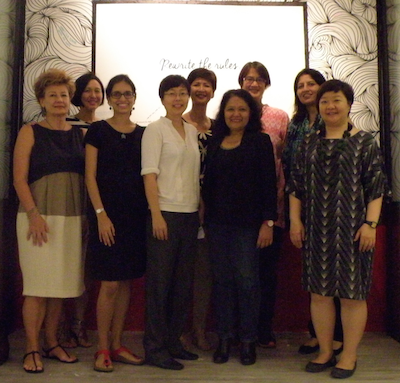 On 22 April, AWARE saw one of its most keenly contested board elections since it was formed 31 years ago.
On 22 April, AWARE saw one of its most keenly contested board elections since it was formed 31 years ago.
Thirteen women vied for the nine Board positions at the annual general meeting. That there was so much interest in serving on the Board is an indication of the maturity of AWARE and the recognition of its effectiveness as an organisation.
Following the elections, AWARE now has a board made up of mostly fresh faces. Winifred Loh, who helmed the organisation as president for four years, handed over the mantle to Teh Hooi Ling, a former financial journalist and now partner of fund management firm Aggregate Asset Management.
Reflecting on her journey with AWARE, Ms Loh who is also the managing director of Centre for Non-profit Leadership, said: “Nobody is born to be an AWARE president. But every woman can aspire to be. I’m proof of that. I’m just a regular person – never been a head prefect, never went to Ivy League Universities, and I grew up in a two-room HDB flat.”
Four years ago, Ms Loh saw her role as a steward of what AWARE stands for and believes in, i.e. gender equality and that the Singapore we live in can be more gender equal. “As the board, our role is to provide governance and oversight, so that all of us – volunteers, staff, supporters – can stay focused on making a difference in women’s lives in Singapore.
“We create an environment that allows the best people to do their jobs well, many of whom are our staff. No one person takes credit. AWARE does, because of the solid research we do and the positions we take on social issues.”
Newly appointed President Ms Teh noted the progress made by AWARE under the leadership of Winifred as President and Corinna Lim as the Executive Director.
“AWARE has matured significantly as an organisation. It’s an honour and great responsibility to be assuming the leadership role in AWARE at this point in time when AWARE’s evidence-based advocacy is increasingly being accepted by the government as valuable resource and inputs in the national policy-making process.”
Besides Ms Teh, the other members of the AWARE Board for 2016-2018 are:
1st Vice-President: Louise Tagliante
2nd Vice-President: Ranjana Raghunathan
Honorary Secretary: Valerie Gan
Honorary Treasurer: Jean Low
Vice-Treasurer: Anju Patwardhan
Ordinary Board Members:
Zubaidah Mohamed Ali
Jasmine Ng
Tan Joo Hymn
Going from strength to strength
Over the next two years, the Board will build on AWARE’s strategic strengths and core values to drive the organisation towards its long-term goals. The decision-making processes will draw heavily from two recent studies done on AWARE’s work, by Just Cause Asia and Brightpurpose, a UK-based consultancy.
In 2015, Just Cause Asia considered 10 different women’s-focused organisations and ultimately recommended AWARE as one of its top four charities to donate to. Its conclusions were based on surveys of staff, volunteers, beneficiaries and partners, together with a review of finances and other key documents of each organisation. AWARE scored particularly highly in legal, governance and finance, mission and strategy, beneficiary and staff satisfaction and reputation.
Similarly, a public value survey on AWARE conducted by Brightpurpose found that respondents valued AWARE’s influence on policy and legislation, its visible, vocal role in driving discourse by taking public stands, its strong hands-on grounding in its Support Services and its longevity and strong organisational ethos. Brightpurpose conducted in-depth interviews with 24 stakeholders who have experience with AWARE’s work, including policy-makers, public agencies, foundations, NGOs, higher education institutes and the media. The Board will be drawing from these survey results to strengthen its mission and improve its internal processes over the next two years.
Said Ms Teh: “We will continue to bring up, at times uncomfortable, discussions, in a bid to achieve our vision of a society where there are no gender barriers, where no one is disadvantaged because of their gender and where everyone is able to develop their potential to the fullest and realise their personal visions and hopes.
“We have made good progress, but there remains a lot of work to be done.”
Said Margaret Thomas, one of AWARE’s founding members who has been active in the organisation up till today: “We formed AWARE in 1985 because we saw a need for research-informed advocacy in Singapore. Amazing work has been done in the last 31 years, initially by volunteers and now by a team of professional staff working with volunteers. For the founding members, it’s immensely gratifying to know that what we started is today one of Singapore’s leading civil society organisations.”





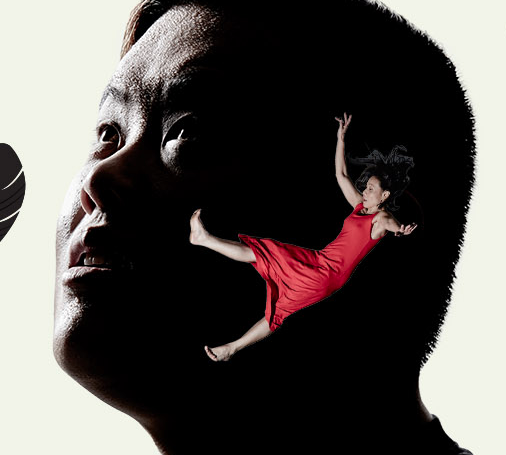 We held a very exciting contest, thanks to Pangdemonium’s kind sponsor, where we gave away two pairs of tickets to their upcoming play,
We held a very exciting contest, thanks to Pangdemonium’s kind sponsor, where we gave away two pairs of tickets to their upcoming play, 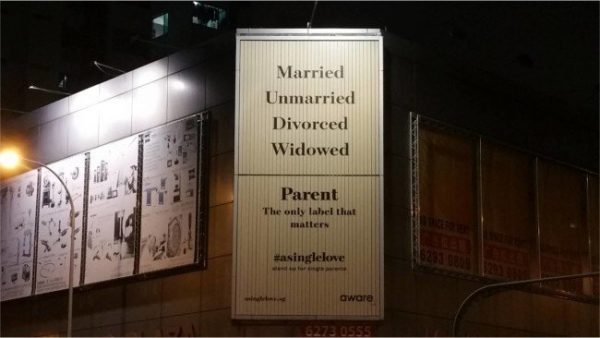 Mother’s Day is especially significant this year. It comes shortly after news that equal maternity leave and a $3,000 Child Development Account grant will be available to all new mothers of citizen children, regardless of marital status.
Mother’s Day is especially significant this year. It comes shortly after news that equal maternity leave and a $3,000 Child Development Account grant will be available to all new mothers of citizen children, regardless of marital status.
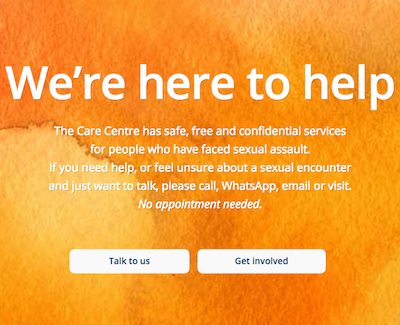 Sexual assault can be traumatic and survivors sometimes feel isolated, confused and even unable to get on with their lives. Does it feel like you are the only person going through this? Do you find yourself thinking that what happened was your fault? Or do you worry that family and friends blame you?
Sexual assault can be traumatic and survivors sometimes feel isolated, confused and even unable to get on with their lives. Does it feel like you are the only person going through this? Do you find yourself thinking that what happened was your fault? Or do you worry that family and friends blame you? On 22 April, AWARE saw one of its most keenly contested board elections since it was formed 31 years ago.
On 22 April, AWARE saw one of its most keenly contested board elections since it was formed 31 years ago. The Association of Women for Action and Research is deeply dismayed by the recent High Court decision on the sexual penetration of minors under Section 376A(1)(b) of the Penal Code (“
The Association of Women for Action and Research is deeply dismayed by the recent High Court decision on the sexual penetration of minors under Section 376A(1)(b) of the Penal Code (“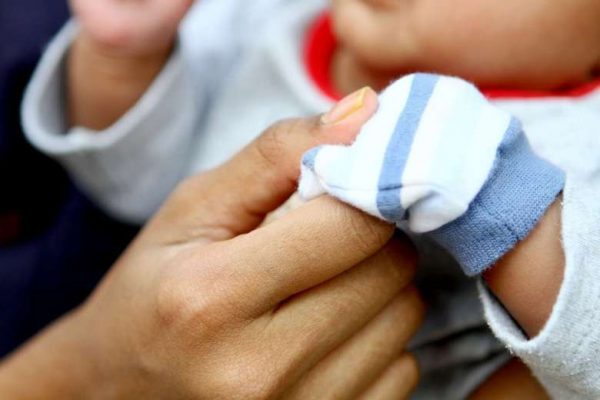
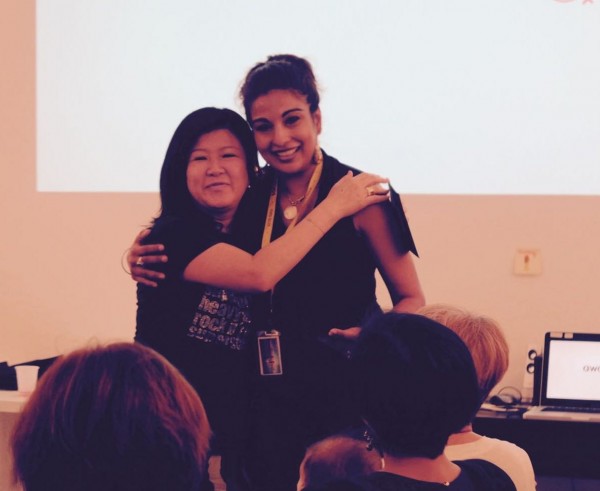 This year, we set out to organise a Volunteer Appreciation Party that would build connections and camaraderie between volunteers and staff – and we got so much more than we expected! It was a meaningful and moving event for everyone, from the sharing of personal stories of inspirational people, to what volunteering at AWARE meant to them. Our volunteers really did touch hearts.
This year, we set out to organise a Volunteer Appreciation Party that would build connections and camaraderie between volunteers and staff – and we got so much more than we expected! It was a meaningful and moving event for everyone, from the sharing of personal stories of inspirational people, to what volunteering at AWARE meant to them. Our volunteers really did touch hearts.
 We are delighted to share our Fair for All Families highlights video below! Capturing the best parts of the carnival, the video was filmed and put together by Sun Koh and Fazrin Affendi. We want to thank every single one of you – partner, volunteer, speaker or attendee – for making this happen! To read more about our reflections on the event, click
We are delighted to share our Fair for All Families highlights video below! Capturing the best parts of the carnival, the video was filmed and put together by Sun Koh and Fazrin Affendi. We want to thank every single one of you – partner, volunteer, speaker or attendee – for making this happen! To read more about our reflections on the event, click